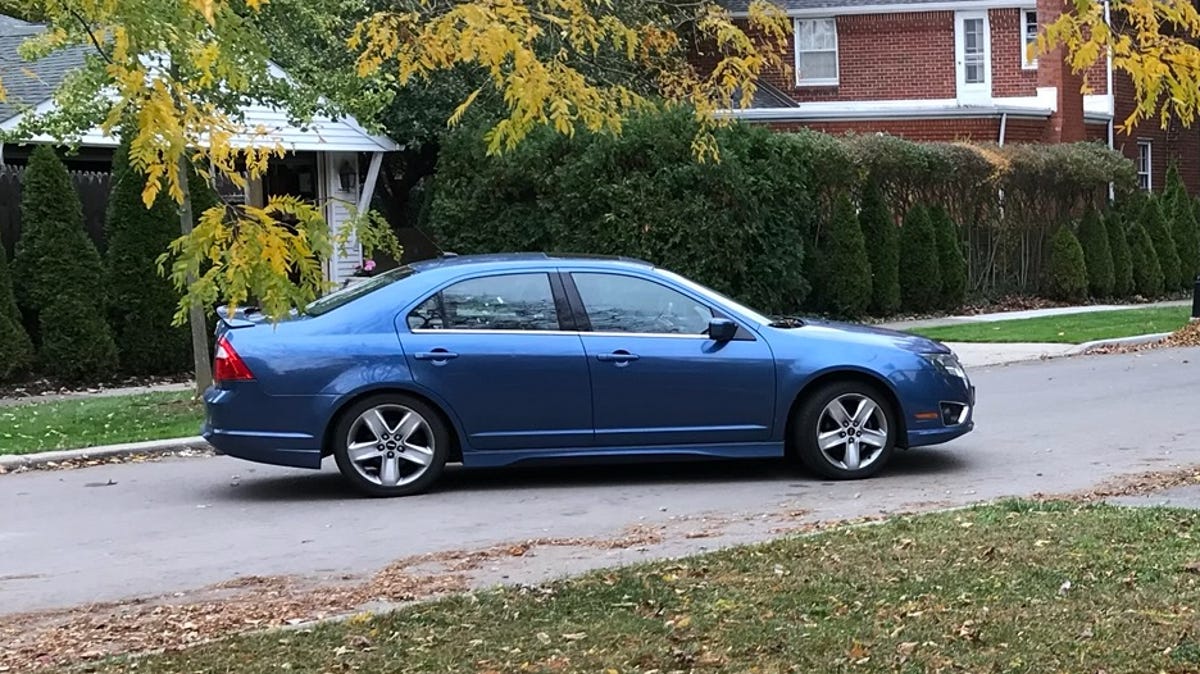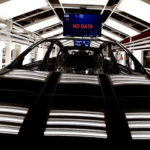When it comes to the consideration of whether to buy a new car or fix your current ride, for most of us, it comes down to a straightforward issue of dollars and cents.
It’s a decision that this reporter confronted earlier this year when he chose to spend the money to put a remanufactured engine with a three-year warranty in a 2010 Ford Fusion rather than buy new. The engine, including labor and additional work done at the time, cost a bit more than $7,900.
So far, the decision seems to be the right one. After all, the prices of new vehicles continue to be a challenge for many consumers. The new vehicle average transaction price in July, according to Kelley Blue Book, was $48,841.
Sean Tucker, lead editor for Kelley Blue Book, has some simple advice:
“Lean toward fixing your old one.”
It’s not just the total price tag that’s an issue, it’s the average monthly payment, which was $756 for the second quarter of this year, according to Edmunds.com.
“You’re going to pay $9,000 a year in car payments right now. … That is an awful lot of new shocks and belts,” Tucker said, referencing some common maintenance expenses to keep a car on the road.
The longevity of the current vehicle fleet suggests that it’s not unreasonable to expect your ride will keep rolling along, especially with the average age of vehicles on the road in this country at close to 13 years.
Of course, sometimes those repairs do become an issue.
“If the annual bill to keep the car on the road is eclipsing what the vehicle is worth” then you might consider that new car, according to Joseph Yoon, consumer insights analyst for Edmunds.
Why 2025 car repair costs are surging: What drivers need to know about maintenance costs
A 15-year-old car will also face an increasing number of issues needing repair, he said, noting that the time it takes to repair a vehicle might also mean you’re without wheels for a while.
New vehicles also come with newer or updated features that could be missing from an older ride. Plus. there’s that new car smell.
But many owners who’ve had their vehicle for a long time tend to have an attachment to that vehicle.
“If you get into that kind of territory, who am I to tell you how much to spend (to keep it running)?” Yoon said.
Yoon and Tucker both said this is a tough market for car buying, with prices and interest rates continuing to be high.
Unless the vehicle you’re driving is in such a state that it makes no sense to keep the car, Yoon said to “be nice to your mechanic versus try to get a deal that might not exist.”
Yoon noted that the additional cost of insurance — it’ll be more to insure a new vehicle compared to an older one — would be an added consideration.
But leasing a new car offers another option considering that lease payments are generally lower than new car payments.
It’s what Yoon opted for a dozen years ago when his 1998 Lexus GS with 189,000 miles on the odometer required more expensive repairs than made sense at the time. He viewed monthly lease payment as more manageable than thousands of dollars in additional repairs to keep the vehicle long term. He used his trade-in to help pay for the lease.
Ultimately, however, it’s a personal decision.
“You’re the only one who knows your own finances,” Tucker said, noting that it’s generally best to stay out of debt for as long as you can.
Contact Eric D. Lawrence: elawrence@freepress.com. Become a subscriber. Submit a letter to the editor at freep.com/letters.












